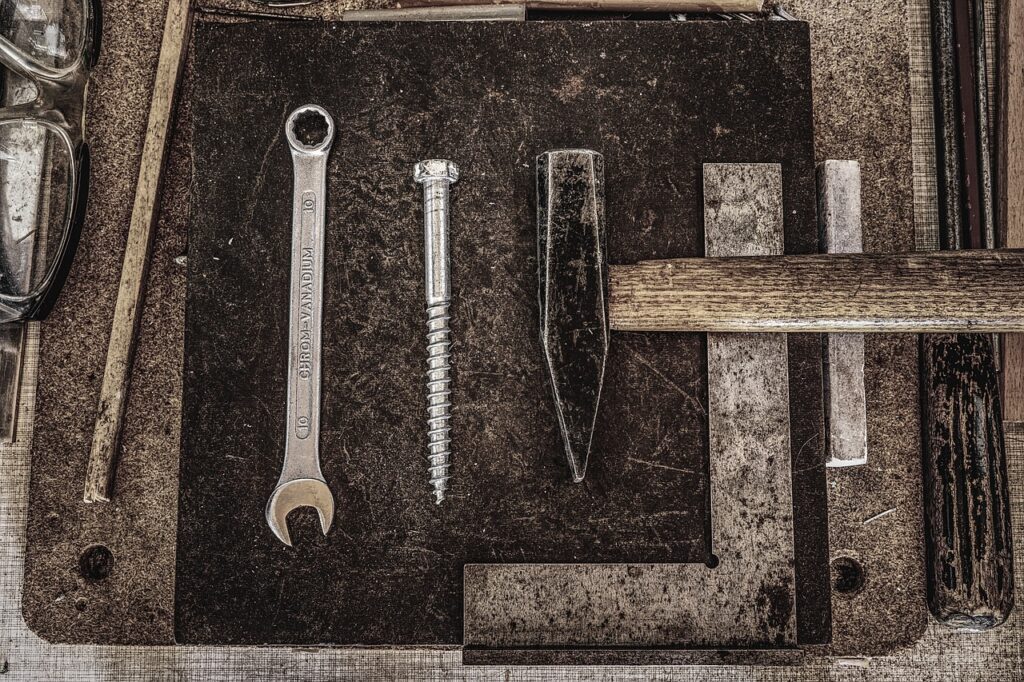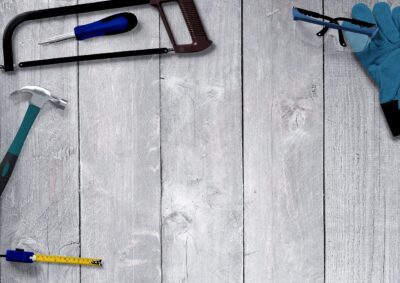Do you often find yourself requesting favors to your friends, your neighbors or to the…
Technical Maintenance of Your Home : our best tips.
Regular inspections of the technical equipment in a Parisian home or apartment can preempt potential malfunctions and ensure their longevity. Addressing issues promptly can prevent minor problems from escalating into major ones, saving you from costly emergency technician visits. Yet, these tasks are often overlooked due to a lack of routine. Depending on the equipment, these checks should be done monthly, bi-annually, or annually.
While some tasks can be easily undertaken by homeowners, others should be entrusted to professionals. Notably, heating system maintenance, which primarily involves servicing the boiler before reigniting it in the fall and cleaning the flue. This not only extends the equipment’s lifespan but also maintains its efficiency. A mere 1mm of soot on the heating body can reduce efficiency by 1%, leading to increased energy consumption.
Beyond heating, all systems in a home or apartment require special attention: hot water, ventilation, electricity, gas, etc. The building’s exterior, including the roof and facade, should be inspected to prevent potential water damage, especially after storms or heavy rainfall. Early detection of damage ensures cost-effective repairs. If the roof is compromised, missing tiles, or if water has seeped in, moisture can damage the framework, attracting pests or wood-decaying fungi.

Balconies, terraces, and loggias: Ensure proper water drainage and avoid water runoff on facades when watering plants.
Basements, attics, and garages: These spaces require the same level of care and maintenance as the main living areas.
Windows: Periodically check that drainage grooves and water evacuation holes are clear. Lightly oil hinges and movable parts.
Fixtures: Use appropriate hooks or anchors for hanging items. Avoid drilling into PVC frames.
Electric water heaters: If you have an individual electric water heater, set its thermostat to a maximum of 60°C to limit scaling and burn risks.
Pests: At the first sign of pests, use suitable insecticides. If there’s an infestation, contact a professional.
Mold: Prevent condensation and mold by ensuring proper ventilation, especially in high-humidity areas like kitchens and bathrooms. If mold appears, ensure the home is still well-ventilated.
Wallpapers and paint: Always remove old wallpaper before applying new. Clean oil-based paints with lukewarm soapy water.
Radiators: Don’t obstruct radiators with furniture or laundry. Clean them regularly without dismantling.
Flooring: For tiles, linoleum, or similar, avoid excessive water when cleaning. For carpets, vacuum regularly and shampoo annually. For wooden floors, use appropriate products and wax regularly.
Thermostats: Once set to the desired temperature, avoid frequent adjustments. The thermostat will account for various temperature influences.
Taps and toilets: Prevent leaks by promptly repairing faulty taps, toilets, and connections. Avoid caustic soda-based products for unclogging as they can damage seals and pipes.
Toilets: Avoid flushing cotton, fabric, or sanitary products as they can cause blockages.
Controlled ventilation: If your home has a controlled ventilation system, ensure air vents remain unblocked and clean them regularly. In winter, turn off the heating when airing a room.
Remember, regular maintenance not only ensures the comfort and safety of your home but also saves you money in the long run. If you’re seeking such services for yourself or a client, don’t hesitate to contact us!


